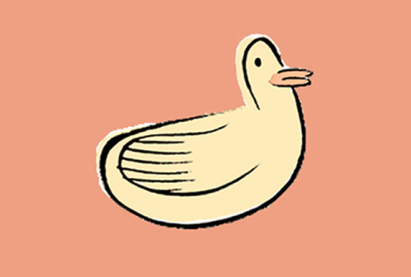 1. Budget
1. Budget
The first thing to do to gain financial stability is to create a budget. This should be a factual exercise that lists the cold hard facts - what is your income VS outgoings?
You could do it electronically with a spreadsheet or simply with pen and paper. If you're unsure where to start, there are many free budgeting templates for you to use online or print out to fill in.
 2. Save
2. Save
The idea of saving may seem really out of reach if you normally rely on your overdraft or credit cards. However, with an income VS outgoings budget in place, you can now easily search for cheaper alternatives to see where you can get a good deal when it comes to utilities and other fixed outgoings. Allocate anything leftover for savings; one trick is to set up a standing order so it transfers to a separate account as soon as payday comes. By avoiding temptation you are much more likely to succeed.
 3. Declutter
3. Declutter
Whether you were given many gifts or not this holiday, chances are you have multiple items around you that you no longer need or want. Instead of letting it gather dust and take up space, why not declutter and sell these items on a site like eBay or Vinted so that they can make someone else happy whilst filling up your piggy bank. And with each item you pass on, you should think about how much you would have 'saved' if you didn't buy it in the first place. Let that thought linger and truly think about how much you want or need something before purchasing next time.
 4. Rewire your brain
4. Rewire your brain
Real change involves an adjustment to your lifestyle; a life-long choice that you continue to make every day. Through doing the above steps, you may feel more on track heading towards the right direction but don't stop until your actions become habits. Question your spending and ask yourself - do I need this or want it? Will this enrich my life? In one month's time will this still be used? The trick isn't to necessarily stop frivolous spending, but it's to encourage mindful spending.
 5. Educate yourself
5. Educate yourself
At school, we're taught how to calculate and solve equations but we are not necessarily taught how to manage our moeny. Most adults have never had credit ratings, mortgages or interest rates explained to them but it's never too late to learn anything. Below are some of the free courses and articles to help you continue your journey.
Start your financial learning journey on OpenLearn










Rate and Review
Rate this article
Review this article
Log into OpenLearn to leave reviews and join in the conversation.
Article reviews